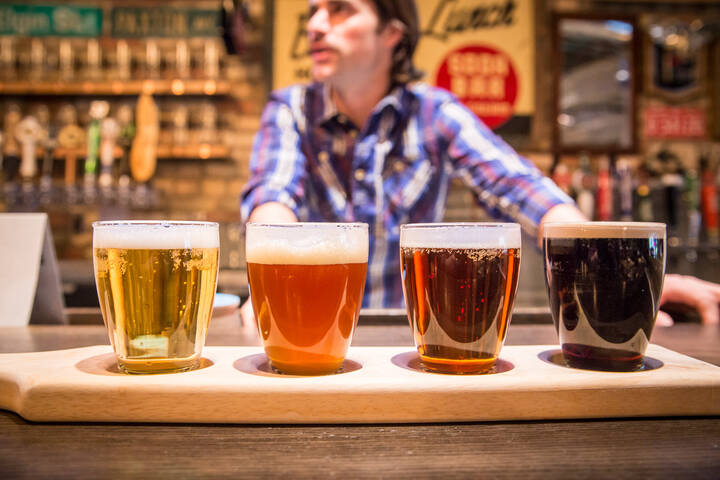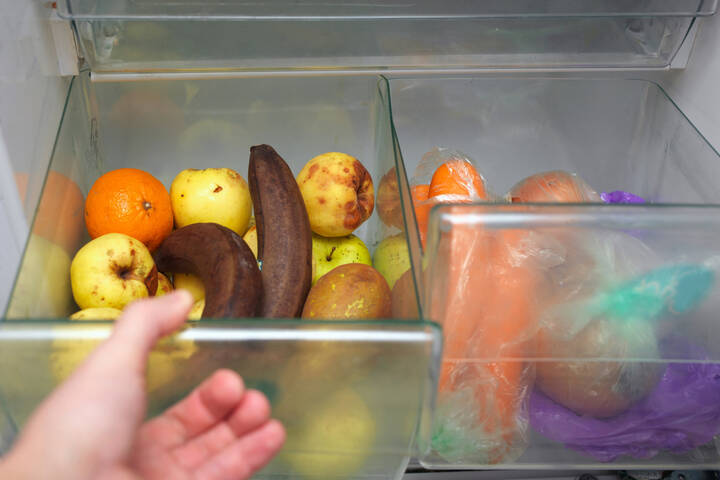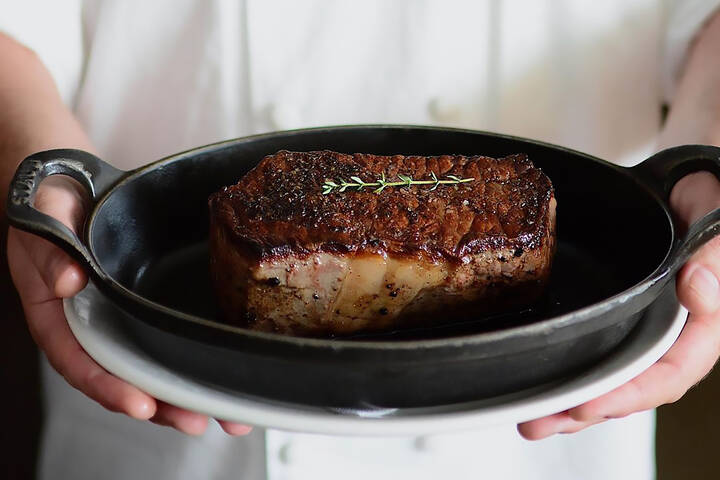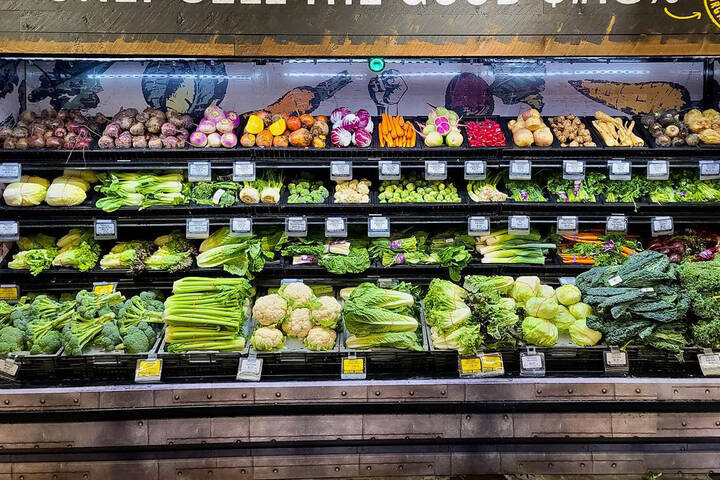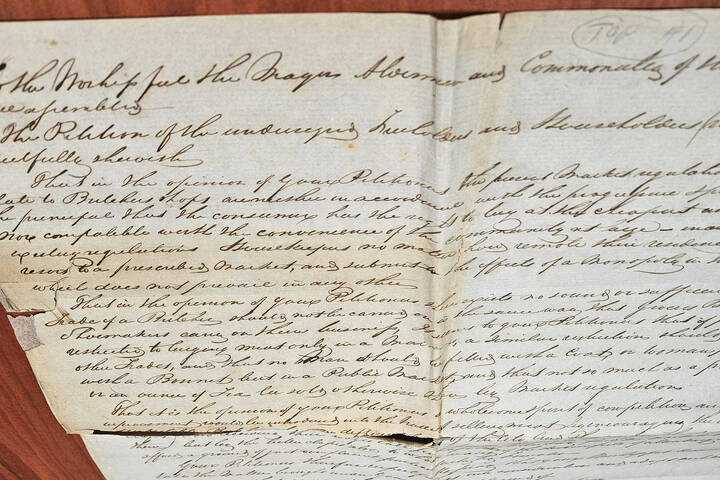
Snorting chocolate could be coming to Toronto soon
Toronto has recently welcomed a surge of culinary influences from the west coast and while ramen and $4.95 menus have thrived, we're not so sure about this newest trend out of Vancouver.
Brought back from Belgium by candy shop owner Mary Jean Dunsdon of Vancouver's Licorice Parlour, the inhalable chocolate was originally produced by confectioner Dominique Persoone for a birthday party for Ronnie Wood of The Rolling Stones. It's since been rolled out for retail in two flavours, cocoa-raspberry and cocoa-ginger and come complete with a purposefully designed mini catapult to deliver that chocolate fix straight to the brain.
The candy shop in Vancouver is letting patrons sample the goods (ultra-fine high quality cocoa) in store for $2 a "hit," and also deals a limited number of kits ($109) to take home. So can we expect the trend to emerge here in Hogtown?
We reached out to a bunch of Toronto chocolate stores, and with the exception of Pusateri's (who've looked into the possibility of carrying it), no one had heard of it before - most just broke out in hearty laughter as I tried to explain how it works.
You can thank me (or curse me) later if the goods show up at The Candy Bar too - owner Paola Giavedoni was intrigued enough that she at least intends to sniff some out.
Photo courtesy of The Chocolate Line
Latest Videos
Latest Videos
Join the conversation Load comments
